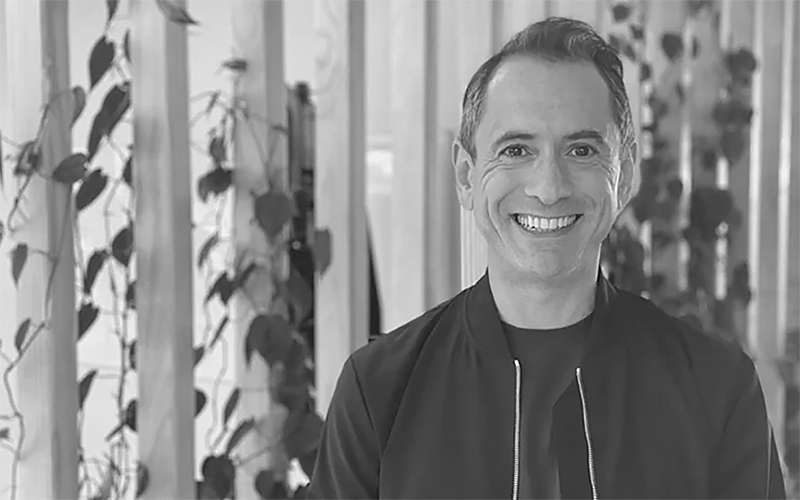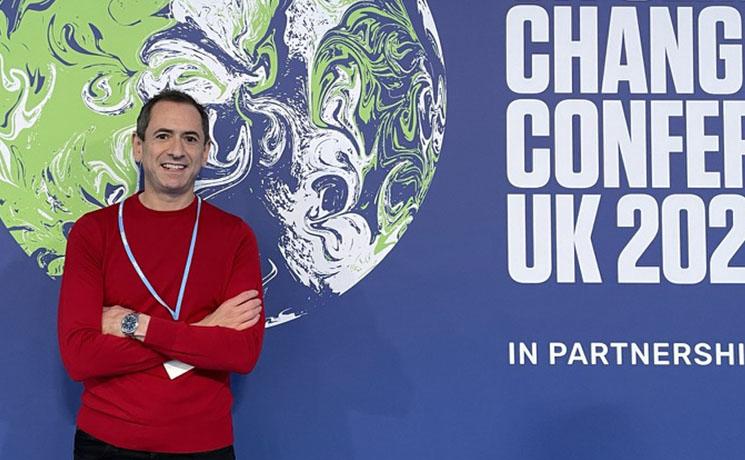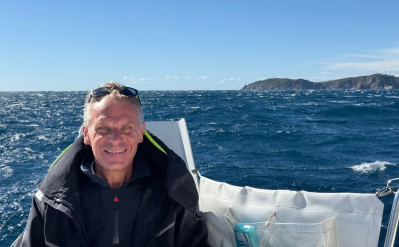News

David Benattar (SKEMA 1995), Chief Sustainability Officer for one of New Zealand’s largest groups
David Benattar (SKEMA 1995) spent 20 years in New York, first working for the cosmetics brand Aveda (Estée Lauder), then in sustainable development consulting, and finally in digital transformation. Through these experiences, he was able to gain an understanding of all the challenges associated with sustainable development. A Frenchman, David arrived in New Zealand at the Warehouse Group in 2016 and has been Chief Sustainability Officer there for the past three years.
Hi David, can you tell us about the role of Chief Sustainability Officer at the Warehouse Group? Why is it so important today?
Right now, there isn’t a single company or business sector that isn’t impacted by the upheavals of global warming and the challenges of sustainable development, whether these are social or environmental. As New Zealand’s largest retail group, we are the link between our suppliers and consumers. We see and have an impact on the entire value chain. This impact is the result of our sourcing policies, our transport and delivery methods, our commitments to the wider community, the training of our employees, and of course our stances and our communication on these major issues. My role consists in turning this portfolio and this footprint into risks and opportunities for the company. It is a role that involves education, but also coordination with the different stakeholders; it is a strategy and advisory role.
It might seem like a contradiction in terms to be talking about sustainable development within a mass-market retail group. What would you say to critics?
Yes, some people have that impression, because we are a key player in the mass retail sector. But it’s precisely because of that role and our influence in the country that it is essential for us to place social and environmental considerations at the heart of our strategy and of the company’s decision-making processes. This requires tools, knowledge, investments and teams dedicated to this mission.
These days, thanks in particular to changing mentalities, the work of the media, of activists, and of course to the new expectations of consumers, you have to be at the heart of the company to help reshape its business model and make sustainable development a performance and transformation tool, a competitive advantage. Nowadays, sustainable development plays a key role in the high-volume retail, finance, energy, transport, and construction industries, among others. This role will no longer be essential once sustainable development has become second nature. This is called enlightened capitalism. Right now, we are between a traditional system and a conscious system.

Last year you attended COP26. What was the reason for your presence at this global conference on climate?
I attended COP26 to represent the Warehouse Group, on the one hand, but also the Climate Leader Coalition, a group of companies accounting for 60% of New Zealand’s greenhouse gas emissions. The signatory members of this coalition are committed to taking a number of actions to reduce their emissions and decarbonise their value chains.
My mission over there was to learn and bring back best practices in action on climate change, meet potential partners, understand the new technologies and the new financial and business models. Action against climate change requires the forging of partnerships. That is another reason why it’s important to be represented over there. There was a strong presence from the business world.
What is the impact of COP26 on business in New Zealand?
New Zealand has increased its budgets and its commitment to reduce greenhouse gas emissions by half between now and 2030. The country has signed an agreement to cut its methane emissions – generated mainly by the farming sector – by 30%. New Zealand is also the first country in the world to have made it mandatory for banks, financial institutions and public companies to assess and disclose climate change risks.
Why is it paramount for companies to take action to fight against climate change?
First, because our planet is in danger. Also, because now that consumers are increasingly aware of this danger, they will reward companies that take a proactive stance and investors will reward projects with a positive impact. If a company does not see these shifts in the expectations of economic stakeholders, it runs the risk of becoming insignificant. That becomes a business risk.
Contact: David Benattar, Chief Sustainability Officer – The Warehouse Group
Interview by lepetitjournal.com for SKEMA Alumni




